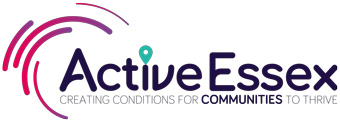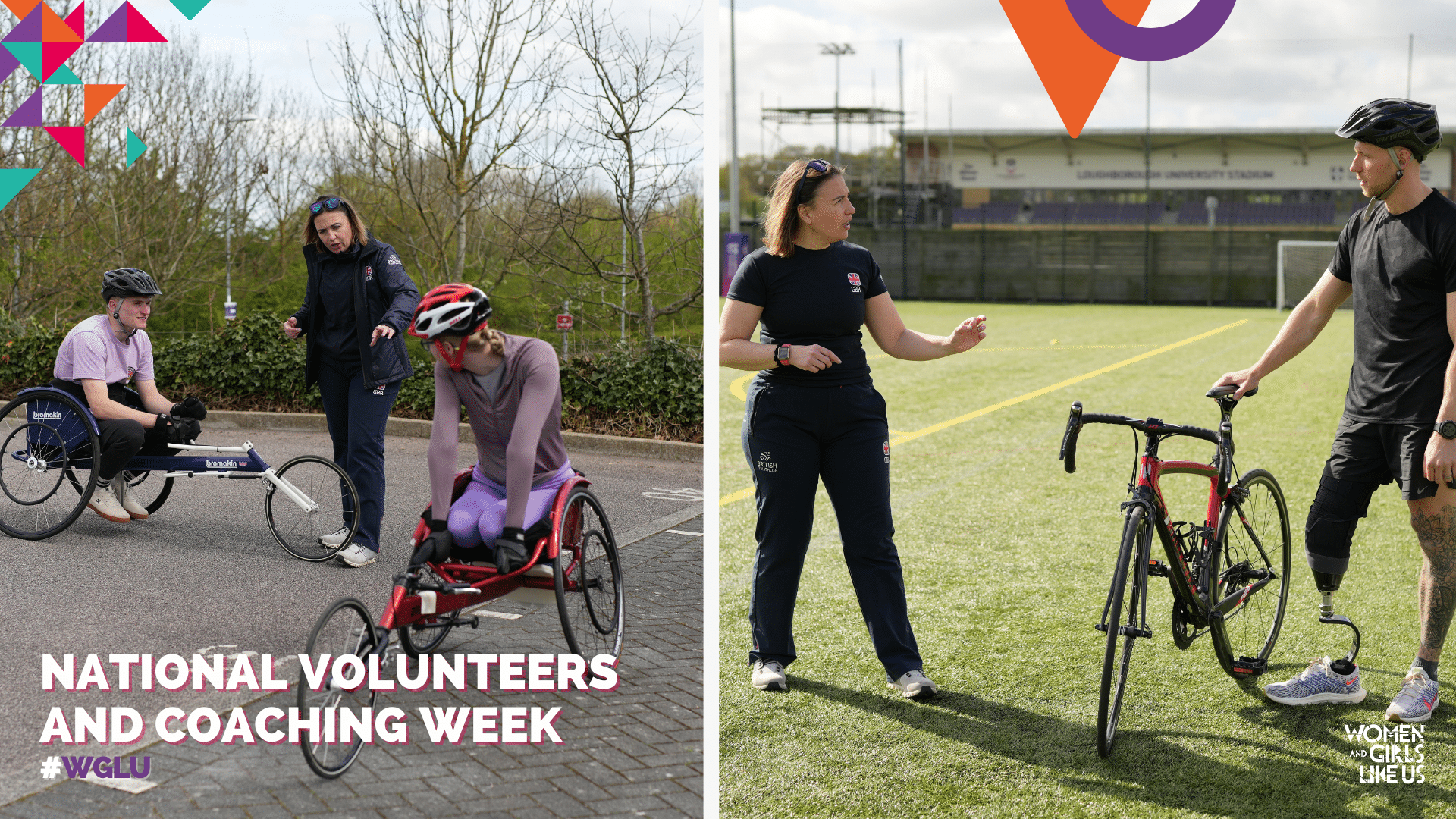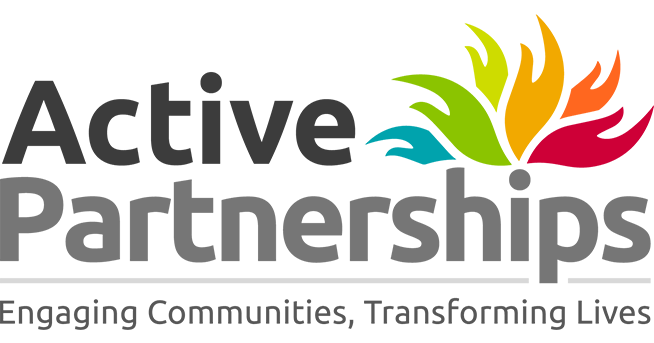As Volunteers and Coaching Week comes to an end, we caught up with Emma Springham who has been a positive and inspiring role model for women, girls and actively shaping the future of female sports coaches. Over the last 15 years, she has progressed from grassroots coaching to leading junior development for British Triathlon. Emma now serves as a Paralympic Academy Coach, helping athletes with impairments train for international competitions and the World Class Programme.
What inspired you to pursue coaching in triathlon, and how did your journey begin?
In a nutshell, my two daughters, who were inspired by my training and racing. Fifteen years ago, kids’ clubs were scarce, so I got qualified and co-founded a club with a friend—never looking back. Helping others has always been my passion, and coaching was a natural way to turn that into something tangible. Starting at grassroots level refined my coaching skills, focusing on guided discovery and learning through play, trial, and adaptation.
Before coaching, I worked in media in London, but realised there was more to life than big deals and advertising. Taking a leap of faith, I ran Socatots, a kids’ physical play scheme rooted in Brazilian football, before transitioning into triathlon coaching, which was a challenge I couldn’t resist!
Over the last 15 years, I’ve created inclusive spaces for all ages to enjoy the sport, moving from grassroots coaching to leading junior development for British Triathlon. Eventually, I became the East Midlands Regional Academy Coach before stepping into my current role as Paralympic Academy Coach.
This role is the pinnacle of my coaching career, allowing me to use creativity to bring athletes with impairments into triathlon. I handle Talent Identification, help clubs and coaches become para-friendly, and support athletes in developing their skills for international competition and selection into the World Class Programme.
Have you faced any unique challenges as a woman in coaching, and how have you overcome them?
Of course, the triathlon world is super male dominated, and when I first started, I was the only female sports coach locally but, in all honesty, it was the same as being a female athlete – we were very few and far between.
On the whole, my journey as a female sports coach has been a happy one – just the odd challenge on the way I would coach – using guided discovery rather than what I would call ‘old school’ teach and tell. I am super creative in my approach to problems, and I have used this to get around any issues in a positive way – I have just stopped and pivoted in the direction that is right for me and usually they have come around in the long run!
I have to say, I am the type of person who if someone says ‘no’ or tries to put barriers in place, or says I am not good enough, I’ll always silently smile and wave and show them that it really can be done! Something that I stand by in my everyday coaching – there is no such thing as can’t!
Are there any changes have you seen in the opportunities and support available for women and girls in triathlon coaching?
Opportunities for women in triathlon coaching have always existed, but visibility has made a difference. More women are stepping into coaching after seeing others succeed—over the years, I’ve coached female athletes and their mums, with at least 15 going on to become female sport coaches themselves. Positive role models, flexibility, and mentoring programmes have helped build a strong support system.
I’m always open to learning from coaches in other sports and welcome female sport coaches to join my sessions. Coaching is incredibly rewarding but requires juggling—especially as a mum. Early on, my daughters joined me in sessions, which made it work, and now that they’re at university, I can commit fully to my job. Performance coaching means traveling for weeks at a time, but with planning, it’s manageable. As they say, ask a busy person, and they’ll find a way!
What advice would you give to young women who are interested in becoming coaches?
Go for it and find a mentor who will support you in your journey and help you through those tough times. Mentors and other coaches will also help you to develop your own coaching style and delivery – being authentic is key.
What do you think still needs to be done to create a more inclusive and accessible coaching pathway for women in sport?
Opportunities are there, it’s just about people discovering them and stepping forward. Women often feel they must be fully capable before considering the next step, with imposter syndrome holding them back. But sometimes, taking a leap of faith is the best move. That’s how I started my journey to becoming a performance coach. I applied for the Skills School role on a whim, exhausted at home while my girls were having ‘a moment,’ needing a brief escape. Without overthinking, I spoke from the heart and hit send – and the rest is history!
Perhaps the key lies in better communication from NGBs about available opportunities and people like me creating chances to shadow and learn, even from a young age. Helping others see that paths they never imagined are actually possible is vital. I still pinch myself when I find myself coaching the best in our sport, alongside colleagues I’ve admired for years.
Emma’s journey highlights the transformative impact of coaching and volunteer support in advancing opportunities for women and girls in sports. By breaking barriers, inspiring future generations, and contributing to a more inclusive and accessible sporting environment.
While progress has been made, mentorship, education, and clear leadership pathways remain crucial in the coaching world. By challenging stereotypes and advocating for representation, it can prove that skill and passion—not gender—define great coaches!
Discover further coaching opportunities here.




